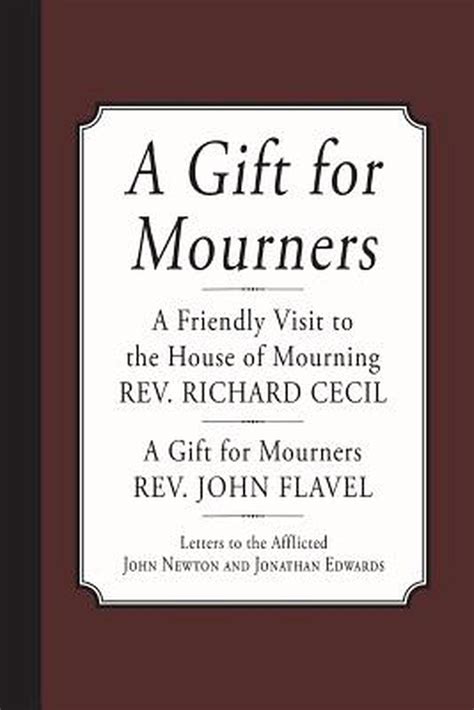A Quote by B. C. Forbes
I resolve for 1920 to sit down all by myself and take a personal stock-taking once a month. To be no more charitable in viewing my own faults than I am an viewing the faults of others. To face the facts candidly and courageously. To address myself carefully, prayerfully, to remedying defects.
Related Quotes
My importance to the world is relatively small. On the other hand, my importance to myself is tremendous. I am all I have to work with, to play with, to suffer and to enjoy. It is not the eyes of others that I am wary of, but of my own. I do not intend to let myself down more than I can possibly help, and I find that the fewer illusions I have about myself or the world around me, the better company I am for myself.
What does it mean to know and experience my own “nothingness?” It is not enough to turn away in disgust from my illusions and faults and mistakes, to separate myself from them as if they were not, and as if I were someone other than myself. This kind of self-annihilati on is only a worse illusion, it is a pretended humility which, by saying “I am nothing” I mean in effect “I wish I were not what I am.
I challenge youth to cooperate with parents who are concerned about your reading and your viewing. Be concerned yourself about what you take into your mind. Young people, you would never eat a meal of spoiled or contaminated food if you could help it, would you? Select your reading and viewing carefully and in good taste.
































